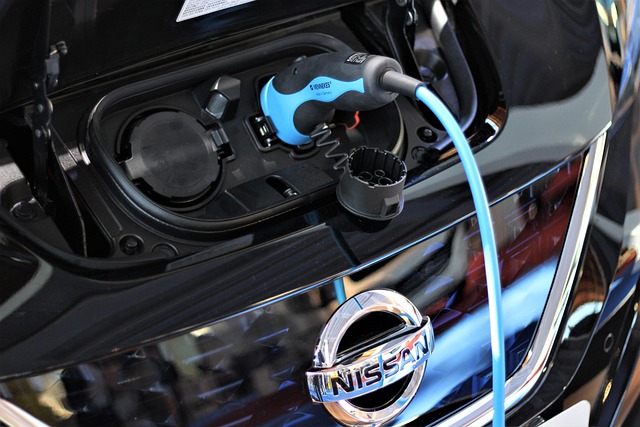Driving Change: Transport Sustainability and Rural Development through Efficient Energy Use
In today’s world, the evolving landscape of transport sustainability and rural development is more crucial than ever. Efficient energy use stands at the forefront of this transformation, offering new pathways to revitalize communities while ensuring our planet’s well-being. As we embark on this journey, it’s essential to recognize the interconnections between energy consumption, transportation, and community resilience.
Imagine a rural village where every household relies on clean, renewable energy sources for transportation—solar panels on rooftops and electric vehicles gliding silently down tree-lined streets. This vision, while seemingly utopian, can become a reality through the promotion of efficient energy use in transport systems. By investing in sustainable transport options, rural areas can reduce their dependence on fossil fuels and decrease greenhouse gas emissions, effectively combating climate change.
Transport sustainability begins with understanding the unique challenges faced by rural communities. Often, access to reliable transportation is limited, leading to isolation and hindering economic growth. Efficient energy use in public transportation systems can significantly enhance accessibility. Consider electric buses powered by locally generated renewable energy—this would not only reduce operational costs but also create job opportunities within the community, bolstering local economies.
Moreover, integrating cycling and walking paths assists in building a robust transport infrastructure. These methods offer dual benefits; they promote healthier lifestyles among residents while simultaneously lowering energy consumption. By designing communities with walkability and bike-friendly routes, we foster social interaction, reduce traffic congestion, and minimize energy usage.
Rural development is interlinked with efficient energy use. By harnessing alternative energy sources like wind, solar, and biomass, rural areas can attract investment and innovation. This energy independence empowers local communities, enabling them to engage meaningfully in transport networks. Empowered citizens can advocate for better services, ensuring their voices are heard in the planning processes.
Furthermore, the important role of government and policy cannot be overlooked. It is essential for policymakers to incentivize sustainable practices in transport and energy use. By setting ambitious targets for carbon neutrality and providing grants for clean energy projects, governments can stimulate rural economies while driving the transition to sustainable transport systems.
In our multi-faceted approach towards sustainable transport, we must recognize the intrinsic link between energy efficiency and social equity. Ensuring equitable access to clean transportation options allows all individuals, regardless of their socioeconomic status, to participate fully in their communities. Inclusivity in energy and transport planning nurtures vibrant, resilient societies that thrive collectively.
Communities can also play a pivotal role by adopting local solutions that cater to their specific needs. Initiatives such as car-sharing programs for electric vehicles or community solar projects not only enhance energy efficiency but also encourage collective ownership and responsibility for sustainable practices. When communities come together to implement these solutions, the benefits ripple outward, affecting everyone—leaders, citizens, and the environment.
Through innovation, collaboration, and commitment to efficient energy use, we can forge a sustainable pathway that enriches rural development and transforms mobility as we know it. By prioritizing transport sustainability, we not only pave the way for cleaner, more efficient energy use but also create vibrant rural spaces that are connected, inclusive, and resilient. With determination and a shared vision, the potential for transformation in our transport systems and rural communities is boundless.




